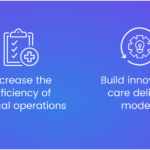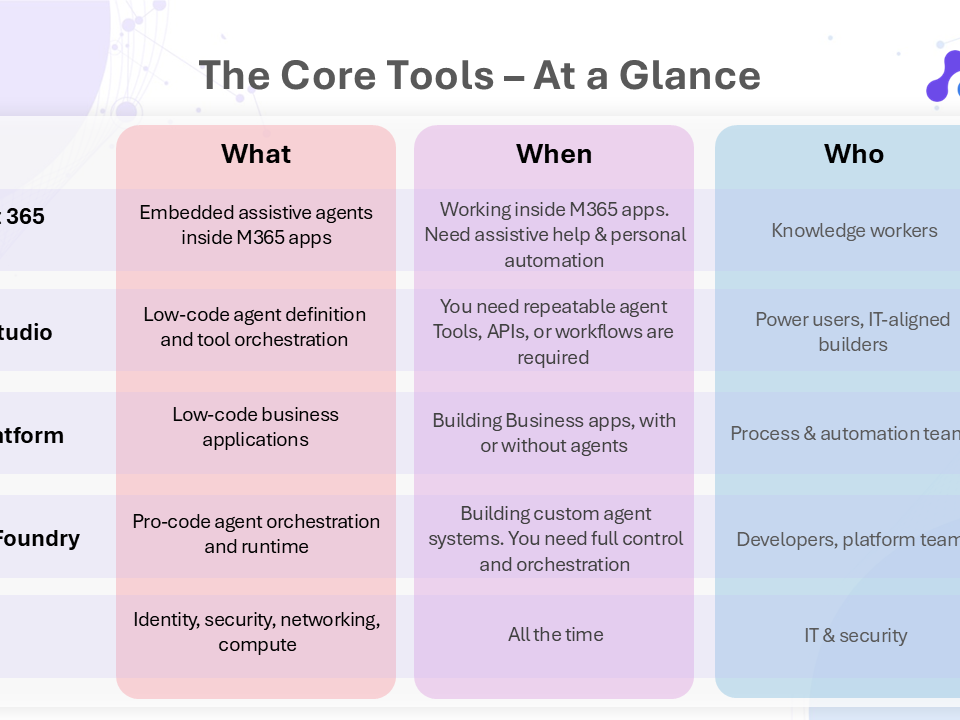Healthcare providers face a range of challenges today, from economic uncertainty to skills shortages, putting pressure on traditional healthcare delivery models as providers balance caring for more patients with more limited resources.
To meet the evolving needs of their communities, healthcare providers – particularly those in the more agile private sector – must take a more innovative approach. Our recent whitepaper investigates how automation and artificial intelligence (AI) can help organisations tackle these issues, rethink their operating models and drive progress across the industry.
In this blog post, we provide an overview of some of our whitepaper’s key findings, with a focus on the most prevalent challenges facing the healthcare sector.
A shortfall of healthcare professionals
Although the NHS ranks as one of the world’s largest employers[1], it is grappling with a workforce shortage in both primary and secondary care. The British Medical Association (BMA)[2] reports that there are only 2.8 doctors per 1000 people in England, below the EU average of 3.7. GP practices are particularly affected, with a shortfall of around 4,200 GPs in permanent positions in 2021/22.[3]
The BMA cautions that this surge in vacancies triggers a “vicious cycle”: as the workload on current staff intensifies, it results in heightened stress levels, increased absenteeism and ultimately, greater attrition. Undoubtedly, the healthcare industry requires a strategy to draw in and recruit a greater number of staff, while also enhancing the retention of current expertise and talent.
Workforce burnout
An emotionally taxing work setting, coupled with substantial workloads and extended working hours, can affect the physical and mental health of healthcare professionals, resulting in burnout.[4]
This is not a new problem. Even before the pandemic, burnout was an all-too-common phenomenon across the NHS. A 2018 BMJ survey[5] revealed that nearly one third (31.5%) of doctors were suffering from significant burnout. Emergency medicine and general practice professionals were the most affected. The Covid-19 outbreak further exacerbated this issue.
Inefficient information management
The industry needs accurate information for clinical care and decision-making, and to ensure services are delivered as efficiently and safely as possible. However, many still depend on outdated, manual approaches for sharing information between different teams, clinics, hospitals, labs and service providers.
Faxes are a common example. Bloomberg[6] reports that in the US, at least 70% of healthcare providers still exchange medical information by fax to overcome interoperability issues between electronic healthcare record (EHR) systems and other technology platforms used for managing clinical and administrative processes.
Using faxes, printouts and handwritten notes creates a scenario where staff become the “integration points” between disjointed systems and sources. Even transferring data manually from one spreadsheet or report to the next drains time and elevates the risk of human error. Moving forward, enhancing data quality, access and system interoperability should be prioritised.
Budget pressures
Healthcare budgets are stretched thin, with the NHS facing a £7 billion budget shortfall[7]. To manage costs, healthcare organisations are focusing on optimising the management of administrative activities, which can be costly in terms of money, time and human resources. In the US, for example, research by Health Affairs[8] revealed that at least half of all administrative spending “does not contribute to health outcomes in any discernible way”.
What’s the way forward?
It seems that there’s an urgent need for innovation and transformation in the healthcare sector. Automation and AI-enabled technologies have the potential to help address the challenges set out above. While public healthcare systems like the NHS are working to harness technology to improve outcomes for patients and staff, healthcare providers in the private sector often have greater flexibility to adopt technology and embrace digital transformation.
Download our whitepaper to explore these issues in-depth and discover practical strategies for using intelligent automation to drive much-needed innovation and change.
[1] https://www.kingsfund.org.uk/audio-video/key-facts-figures-nhs
[2] https://www.bma.org.uk/news-and-opinion/nhs-in-midst-of-workforce-shortfall
[3] https://www.kingsfund.org.uk/publications/health-and-social-care-england-myths
[4] https://mentalhealth-uk.org/burnout/
[5] https://bmjopen.bmj.com/content/10/1/e031765
[6] https://news.bloomberglaw.com/health-law-and-business/health-care-clings-to-faxes-as-u-s-pushes-electronic-records
[7] https://www.theguardian.com/society/2022/oct/06/nhs-england-health-budget-shortfall-extra-costs
[8] https://www.healthcaredive.com/news/Health-Affairs-administrative-spending-wasteful/633774/






